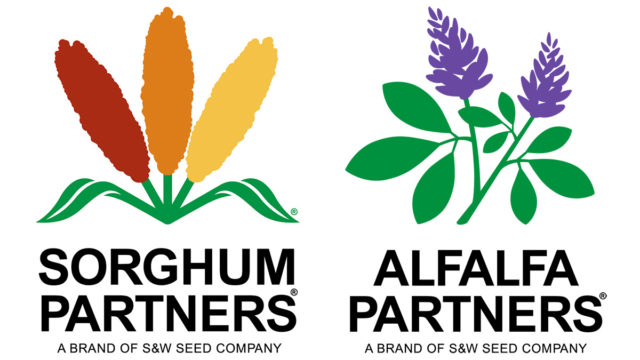Alfalfa is a key producer of food, primarily through dairy products. Without this worldwide crop, the foods many of us enjoy on a day-to-day basis may cease to exist.
Hay and silage farmers, scientists and forage industry professionals from around the world will gather in San Diego, California, Nov. 14-17, for a four-day session to talk all things alfalfa.
The purpose of the World Alfalfa Congress is to share knowledge, new research data and industry trends about Medicago sativa, the crop known as alfalfa in the U.S. and as lucerne in many other parts of the world.
This congress is being organized by an international committee from around the globe, though hosted by the American contingent. This meeting follows the first World Alfalfa Congress (Bengbu, China, 2015) and the second Alfalfa Congress (Cordoba, Argentina, 2018).
Alfalfa is one of the most important forage crops in the world and the fourth most valuable field crop in the U.S. as of 2022. Alfalfa is a crucial part of the agricultural landscape, as it is grown on over 16 million acres in the U.S. and is important in many other countries. World trade in alfalfa hay has increased in recent years, with a strong interest in Asia, Europe, North Africa and the Middle East.
Additionally, alfalfa is a major contributor to the environmental health of our ecosystem by providing healthy soils, clean water and wildlife habitat – a key theme for this congress. “Those of us that work with alfalfa have a deep appreciation for how alfalfa can benefit soils, carbon balance and wildlife habitat, in addition to being a profitable food crop; however, this is not widely appreciated,” said Dr. Dan Putnam, University of California (UC) – Davis professor of extension, forage specialist and program chair.
Key organizer Dr. Christian Huyghe (Paris, France) notes that with nitrogen fertilizer prices soaring and environmental issues requiring more attention, alfalfa likely has an increased role in the future. “The advantages of biological nitrogen fixation of this important legume and its role in crop rotations is likely not well understood by the general public, or even sometimes by farmers,” he said.
The Congress is co-sponsored by a wide range of organizations from around the world: National Alfalfa & Forage Alliance (NAFA-U.S.); California Alfalfa & Forage Association (CAFA-U.S.); UC – Davis (U.S.); USDA-ARS (U.S.); China Grasslands Association (China); China Alfalfa Industry Association (China); INRAE (France); INTA (Argentina); CIDE (EU); China Agricultural University (Beijing); and AEFA (Spain).
“The worldwide nature of the World Alfalfa Congress will give us a chance to enrich our knowledge of this important crop,” said Dennis Hancock, director of the USDA-ARS Dairy Forage Research Center at Madison, Wisconsin. “This is a great opportunity to exchange experiences and scientific findings from around the world.”
Program topics include economic and ecological importance of alfalfa, genetics and breeding, agronomic practices, exports, soil fertility, weeds, pests and diseases, forage machinery, new uses, forage quality, equipment, irrigation, water and environmental aspects.
The congress features a one-day training on pest management and irrigation for practitioners, as well as two days of technical presentations. The program also features a full day touring the Imperial Valley, an important alfalfa-growing area in Southern California. The tour will feature year-round alfalfa production, irrigation methods, research plots, hay and seed exports, environmental issues, winter vegetable production and equipment displays.
The congress targets scientists, farmers, consultants and industry members, as well as the general public interested in this important crop.
San Diego offers an enjoyably warm climate for a November meeting. “We should have excellent attendance and plenty of outside attractions for attendees,” said Nicole Helms, executive director of CAFA and key organizer.
Company sponsorships and exhibitors are welcome and provide an excellent opportunity to network with industry. “We expect 70 to 80 exhibitors at this event,” said Beth Nelson from St. Paul, Minnesota, key organizer and president of NAFA. These grower-member organizers (NAFA and CAFA) represent a wide range of alfalfa and forage farmers in the U.S.
Scientific posters and oral presentations are welcome, and registrations are now open.
For ongoing information, registration, exhibit and sponsorship information, and to submit papers please visit the UC – Davis World Alfalfa Congress webpage.
For further information, contact Beth Nelson with the National Alfalfa & Forage Alliance by email or call (651) 484-3888 or Nicole Helms with the California Alfalfa & Forage Association by email or call (916) 441-0635. ![]()
—From a World Alfalfa Congress news release








